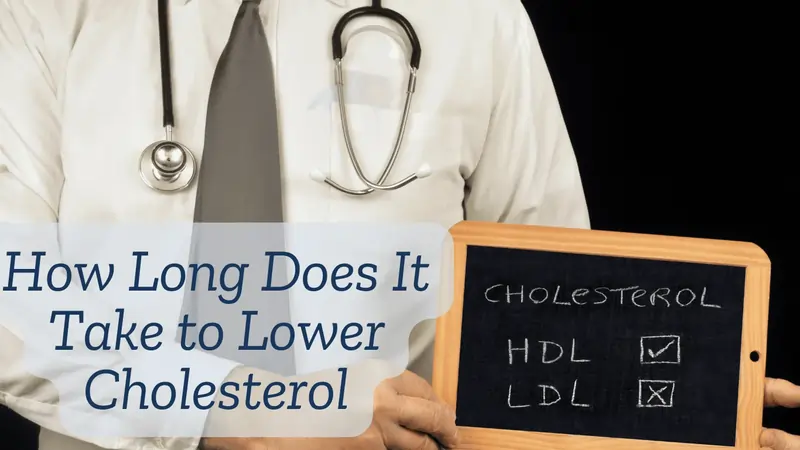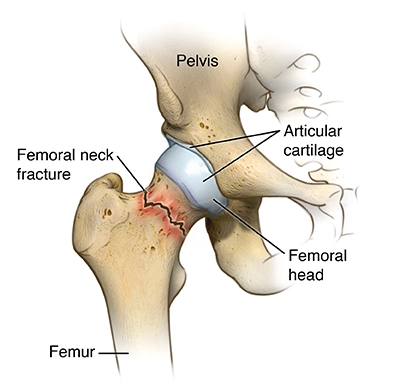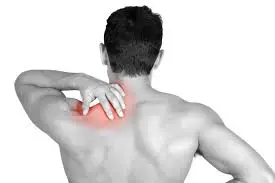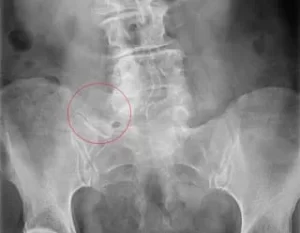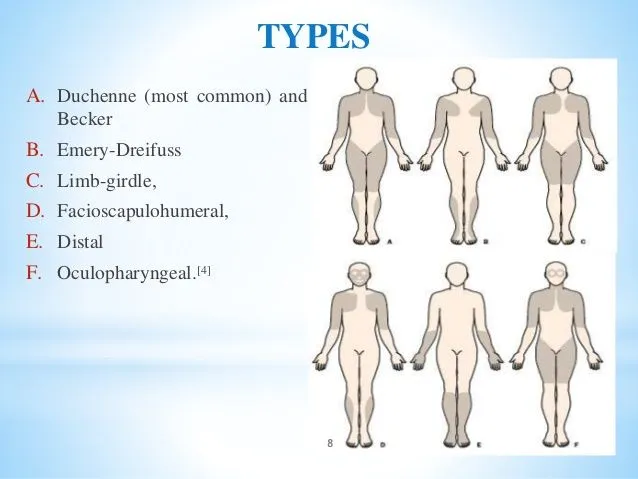How Long Does It Take to Lower Cholesterol?
How Long Does It Take to Lower Cholesterol?
Statins and other cholesterol-lowering drugs can lower cholesterol to moderate levels in as little as six weeks. However, dietary and lifestyle changes may take several months to reduce cholesterol.
Statins and other cholesterol-lowering drugs may be prescribed by doctors to patients who have cardiovascular disease or are at high risk of developing it.
Dietary and lifestyle modifications are essential for long-term management, even though they usually take longer to lower blood cholesterol levels.
For some people, lowering cholesterol by a healthy diet and regular exercise may take three to six months, but it may take longer. Medication may still be necessary for certain individuals.
Maintaining good cholesterol levels is crucial since they directly affect heart health.
According to the Centers for Disease Control and Prevention (CDC), between 2017 and 2020, 10% of adults aged 20 and over had elevated levels of low-density lipoprotein (LDL), or “bad” cholesterol. People who have high LDL cholesterol are also far more likely to develop heart disease, according to the organization.
Lower LDL levels can be achieved with diet and exercise in 3–6 months, while some people may require more time as they adapt to these lifestyle changes at varying rates.
What is cholesterol?
The liver creates the waxy, fatty material known as cholesterol. Cholesterol comes in various forms:
Animal items in the diet are the source of cholesterol. The liver produces it as well. Certain blood proteins known as “lipoproteins” are responsible for transporting cholesterol throughout the body. During a cholesterol test, the lipoprotein level is measured. Included in these lipoproteins are:
Because it transports cholesterol from your blood back to your liver, high-density lipoprotein, or HDL, is referred to as “good cholesterol.” After that, the liver eliminates it from your body.
Because it can accumulate in your arteries and cause heart disease and stroke, low-density lipoprotein, or LDL, is referred to as “bad cholesterol.” Your organs and tissues may not receive enough blood flow as a result of these deposits, which are called plaques.
VLDL, or very low-density lipoprotein, is also present in artery plaques. It binds to your blood’s triglycerides.
The breakdown of certain fatty acids and cell activity are both influenced by cholesterol in the body. The body is capable of producing all the cholesterol it requires.
The other source is cholesterol from the diet. The meals that a person eats cause this to enter their bloodstream. Among other animal products, cholesterol can be found in meat, egg yolks, and full-fat dairy. The liver may produce more cholesterol in response to certain fats and oils, which could raise the levels even further.
How much cholesterol is considered normal?
Depending on your age and gender, a normal, or healthy, cholesterol level will differ. Typically, those levels for adults are:
- Chest fat: less than 200 mg/dL
- Less than 100 mg/dL of LDL
- For men, HDL is greater than 40 mg/dL.
- HDL in females: more than 50 mg/dL
Normal cholesterol values for individuals under the age of 19 are:
- Less than 170 mg/dL of total cholesterol
- LDL: <100 mg/dL
- HDL: more than 45 mg/dL
Triglycerides are an additional test included alongside cholesterol on your lipid panel. Although they don’t contain cholesterol, triglycerides can cause heart disease. Regardless of your age or gender, your triglycerides should be below 150 mg/dL.
Decrease your cholesterol
Research and clear guidelines about the time required to decrease cholesterol levels are scarce.
However, the National Heart Lung, and Blood Institute (NHLBI) stated in its 2024 annual guide on decreasing cholesterol levels that some lifestyle or therapy modifications may take up to six weeks to implement.
Depending on the medication, how you react to lifestyle modifications and other variables, that period could be longer—three months or longer.
Your doctor and healthcare team may decide to start you on cholesterol-lowering drugs in addition to your continuous physical activity, dietary adjustments, and other lifestyle modifications if those improvements don’t pay off after around six weeks.
Together with your healthcare team, you can decide on the best course of action for reducing cholesterol and advancing your own health objectives.
Changes in lifestyle
One of the most crucial strategies to reduce cholesterol and enhance general health is to adopt healthier lifestyle choices.
Your cholesterol levels can be affected by the lifestyle choices you make. According to research, you can somewhat reduce your cholesterol by making changes to one or more aspects of your life:
- Giving up smoking
- Stress management
- Getting adequate rest
- Keeping a healthy weight
These adjustments are frequently suggested in addition to a balanced diet, regular exercise, or prescription drugs. “About three months of lifestyle modification, including dietary instruction and exercise advice,” is what Dr. Vaughn Payne, a cardiologist and medical director with CVS Caremark, suggests.
eating patterns
Eat less saturated fat and more dietary fiber to help lower LDL cholesterol. Your body produces more LDL cholesterol when it consumes saturated fats.
Experts advise consuming whole-grain foods, fruits, vegetables, and nuts on a daily basis while reducing sodium and saturated fat.
Additionally, certain foods and plant-based diets can help reduce cholesterol and enhance the general health of your heart and body. The Mediterranean diet and the DASH diet are suggested by some nutritionists because they both place a strong emphasis on eating a lot of fiber and healthy fats.
Part of the DASH diet is:
- lots of whole grains, fruits, and veggies
- Low-fat or nonfat dairy lean proteins (beans, fish, poultry, and soy)
- good fats (found in nuts, seeds, and vegetable oils)
- Red meats, processed meals, sugar, and salt in moderation
Mediterranean diets consist of:
- lots of whole grains, fruits, and veggies
- Instead of bad fats like butter, use good fats like almonds and olive oil.
- minimal salt (using spices & herbs instead)
- Protein should mostly come from fish and poultry, with red meat very seldom (a few times a month).
Do some exercise
Higher LDL and lower HDL values can result from a lack of physical activity.
According to a 2023 study, aerobic exercise can assist your body increase its levels of good HDL cholesterol, even if exercise and physical activity, in general, are beneficial to your health and can support heart function.
You will benefit from cardio exercises such as jogging, swimming, dancing, gardening, brisk walking, bicycling, and aerobics.
Medication
If diet, exercise, and lifestyle modifications alone don’t provide “satisfactory improvement in lipid levels,” Dr. Payne suggests adding medication. Additionally, he points out that if you have a known cardiovascular illness, you might need to start taking medicine sooner.
In as little as two weeks, certain drugs may start to reduce cholesterol. Numerous potent drugs are available to help reduce cholesterol levels.
The following are some of the most popular kinds of drugs used to reduce cholesterol:
- Statins: They function by preventing cholesterol from being produced. Lovastatin and simvastatin (Zocor) are two examples.
- Sequestrants of bile acids: These drugs hold cholesterol in the bile until the body eliminates it. Cholestyramine (Prevalite) and colesevelam (Welchol) are two examples.
- Niacin, also known as nicotinic acid, lowers LDL and triglycerides while increasing HDL.
- Injectable drugs called PCSK9 inhibitors are used to treat extremely high cholesterol. They may be used with or without statins. Repatha and Praluent are two examples.
FAQs
How quickly can cholesterol be reduced?
Changes in lifestyle may alter cholesterol levels in a matter of weeks. It could take longer, though, typically three months or longer. If a patient’s LDL cholesterol has not decreased after 12 weeks of lifestyle modifications, some physicians advise adding a cholesterol-lowering medication.
What is the duration required to eliminate cholesterol from your body?
Lower LDL levels can be achieved with diet and exercise in 3–6 months, while some people may require more time as they adapt to these lifestyle changes at varying rates. A waxy, fatty material that passes through the bloodstream, cholesterol is a part of the body.
Is it OK to skip cholesterol medicine?
If you are using a statin to lower your cholesterol, you must continue taking it as prescribed or your cholesterol will probably rise again. If you stop taking your statin, you run the risk of developing heart disease and other avoidable health issues including stroke and heart attack due to elevated cholesterol.
Can you go from high cholesterol to normal?
You can improve your cholesterol and increase the effectiveness of drugs that lower cholesterol by making lifestyle changes. You run a higher risk of heart disease and heart attacks if you have high cholesterol. Your cholesterol can be improved with medication.
What is the average age for high cholesterol?
After age 40, the risk of high cholesterol rises. Individual health risks, such as family history or the existence of additional illnesses like diabetes, and age all influence the suggested target for total cholesterol, LDL (bad cholesterol), and HDL (good cholesterol).
At what age should you start worrying about cholesterol?
People who are 20 years of age or older should check their cholesterol levels at least once every 4–6 years, or more regularly if they have other risk factors for cardiovascular disease, according to the CDC. Children should get a cholesterol test at least once between the ages of 9 and 11 and again between the ages of 17 and 21.
At what age do you stop treating cholesterol?
Patients over 75 years of age without ASCVD or those over 85 years of age without ASCVD, regardless of whether they have type 2 diabetes, do not appear to benefit from statin medication.
References:
- Goldman, R. (2024b, November 26). How long does it take to lower cholesterol? Healthline. https://www.healthline.com/health/high-cholesterol/how-long-does-it-take-to-lower#takeaway
- Frank Schwalbe, MD. (2025,February 04). https://www.goodrx.com/conditions/high-cholesterol/time-to-lower-cholesterol

